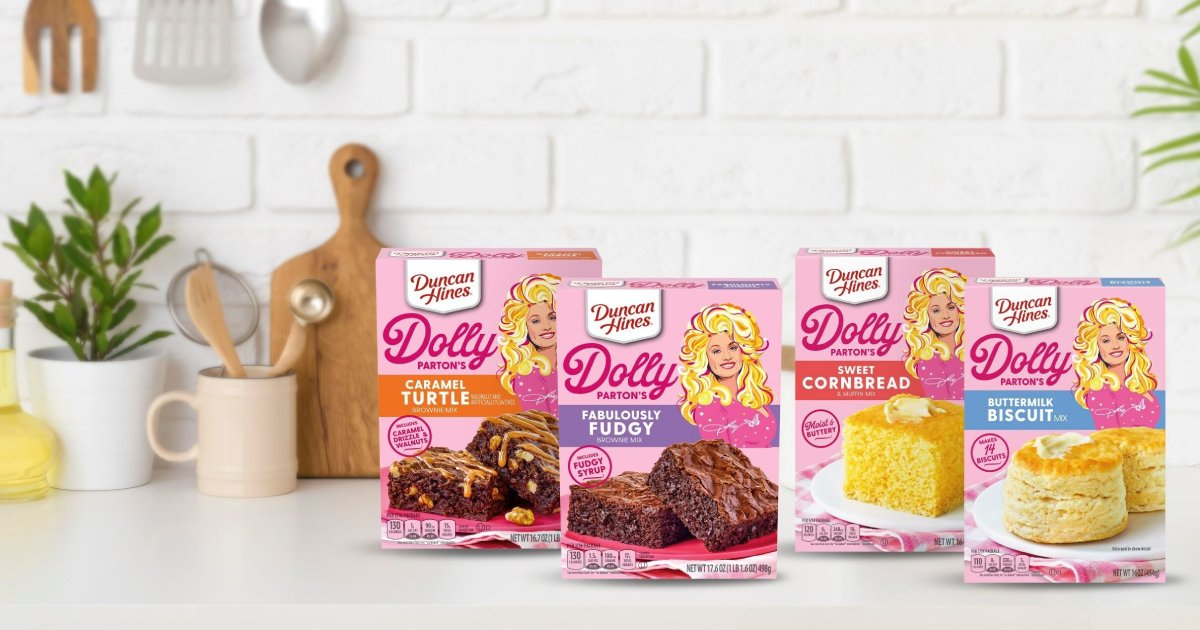
The Recipe for Long-Term Food Licensing
By Mark Seavy
Food brand licensing has previously been popular for limited time offers (LTOs), but it is increasingly becoming an ingredient for long-term deals.
In many cases, the expansion into long-term agreements comes as companies seek to extend their brands into new categories without the costs of internal development and production.
Mike’s Hot Honey, for example, started as an LTO for Utz Brands’ snacks, but has since become a staple of its offerings. Palmula Group launched Dr. Seuss dates (featuring Cat in the Hat) a year ago. And B&G Foods is bringing alcoholic beverage company Sazerac’s Fireball, Southern Comfort, and Buffalo Trace whiskey brands into barbecue sauces and hot sauces that will be sold initially through the Hannaford grocery chain.
“Historically, food companies felt that they had the capabilities to make or source almost any type of food extension,” said Adina Avery-Grossman, a partner at Brandgenuity, which represents Mike’s Hot Honey as well as Sazerac’s brands. “Increasingly, even big, multinational brands are open to the idea that their brands can travel to other aisles and categories, and they do not have to be the ones to create, launch, and invest in new products and innovations. The pressure to maintain margins and be profitable has made it harder for brand owners to launch products internally.”
As a result, items that were once LTOs are now finding permanent shelf space at retail or online, licensing industry executives said. This means that collaborative and co-branded food products (which accounted for 5-10% of the food business five years ago) now account for 80-90% of the category, with LTOs making up the remaining balance, said Ross Misher, CEO at Brand Central.
Brand Central represents, among others, the Kraft Heinz and Tapatio brands. Kraft Heinz’s Mac and Cheese and Oscar Meyer Bacon will be launched in popcorn in the coming months, Misher said. And licensee T Marzetti’s Company’s Chick-Fil A sauce, once an LTO, has since been given permanent shelf space.
“These brand extensions are becoming a part of the permanent shelf space as long-term items,” Misher said. However, the allure of those limited time offers remains. “Retailers are also expecting LTOs and putting promotional space aside to slot in these exciting items.”
For example, Dairy Farmers of America (DFA) developed blue-colored milk under its TruMoo brand to coincide with Disney’s recent takeover of the Empire State Building as part of a May 4th promotion marking the 25th anniversary of the release of Star Wars: The Phantom Menace film. The milk will hit shelves on April 17th and be available through July. The blue milk itself is a cult classic, tracing its roots back to the first Star Wars film in 1977. DFA has launched licensed LTO promotions with its milk for about 10 years and has developed versions for Disney’s Incredibles and Avengers, as well as ice cream under the Caribou Coffee, Pillsbury, and Annie’s brands.
“As we see success, pulling LTOs into the main line is something we look at,” said Rebecca Heagney, Senior Director of Marketing at DFA. “But it is hard because what makes limited time offers exciting and impulse-driven is the [temporary] nature of them. With Star Wars, there was a buildup through social and influencers, and that type of licensing will always be part of what we do.”
Another benefit of LTOs is their ability to test whether a trend has staying power. For example, a number of flavors have trended recently on social media, but whether or not those trends have the potential for a long shelf life is subject to the vagaries of consumer tastes, industry executives said. The same holds true of celebrity licensing. Food supplier Conagra recently unveiled a licensing agreement with singer Dolly Parton for co-branded Duncan Hines cake, muffin, and pancake mixes, the latter marking the first time Dolly’s brand has entered the breakfast category.
“The trends that stick are those that become pervasive,” a licensing executive said. “When you see a flavor being adopted in food service, consumers are going to expect it to be available at retail. If the flavor trend succeeds in food service, you are tapping into something that is not here today and gone tomorrow, but rather [around] for a long time.”

















